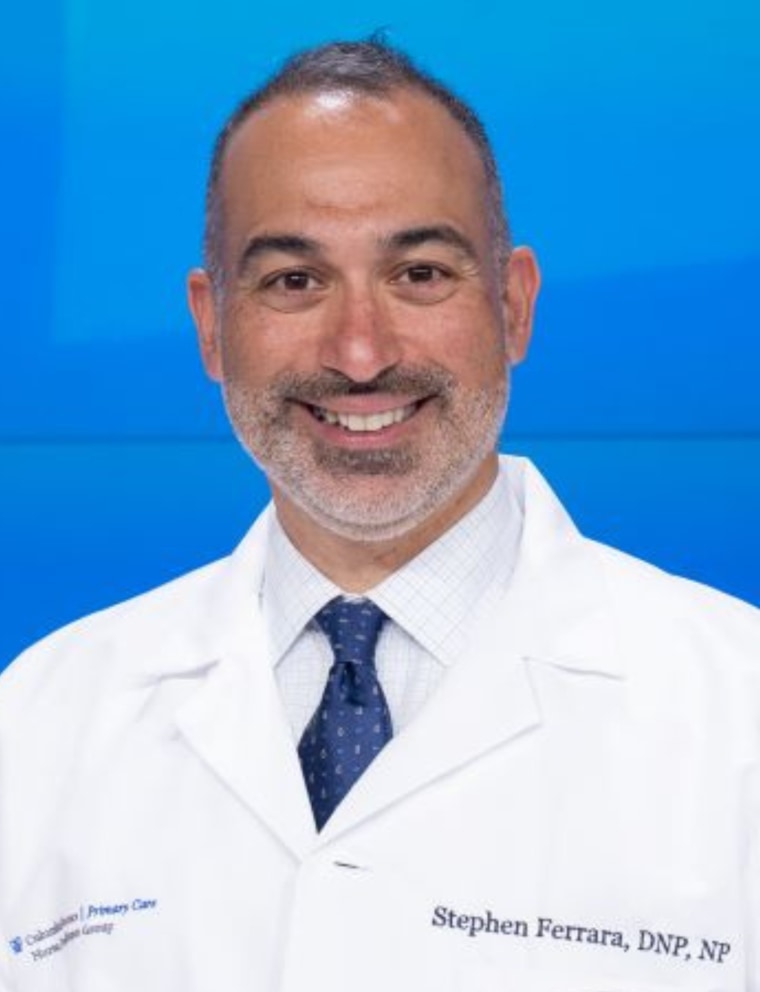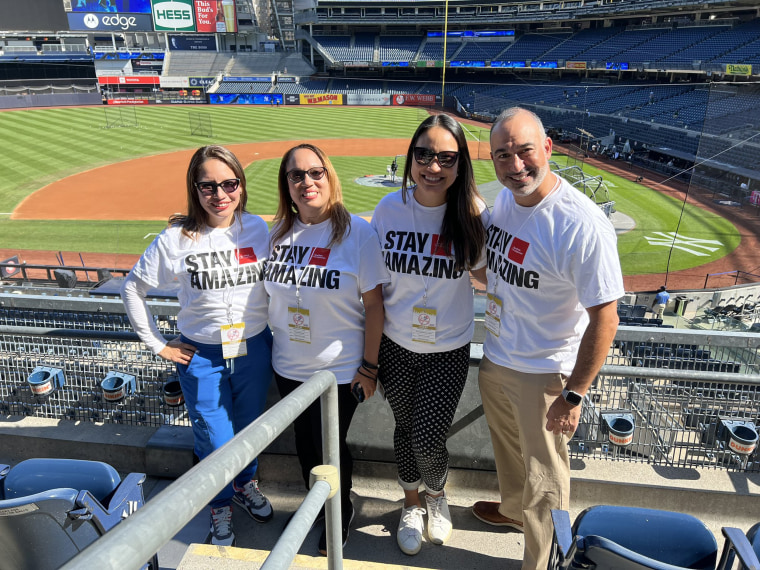“I’m fine – I will just go to urgent care when I need to.”
“I’d rather not know if there is something wrong.”
“I can’t take the time off from work.”
“They make me sit and wait forever.”
“I don’t want to talk about my issues in front of a woman.”
As a nurse and a male, I have heard (and even used) almost every excuse in the book for not keeping up with health checkups or waiting until the last – often painful – minute to seek help for a long-standing problem, like a mysterious growth or shortness of breath.
Men tend to minimize their health issues, seeking treatment only, as my colleagues and I like to say, “when something is falling off.” It’s no surprise that a Cleveland Clinic study found that 72 percent of men would rather do household chores than see their primary care doctor.
I am among the 12 percent of nurses in the country who are male, a tenfold increase in the past 40 years. The advent of more male nurses has not only benefited a profession that has been challenged by staffing shortages, but it has also — appropriately — benefitted the male patient population.

At Columbia University School of Nursing – where I am associate dean and co-founded our Men in Nursing program – we have discussed the role male providers can play in encouraging men to get regular screenings and care.
The only people who have heard more excuses from men about not seeking care are the friends and family who care for them. In fact, in a study done by the insurance company Aflac over half of men surveyed said it was their wife, girlfriend, or mother who motivated them to get medical help.
I like to think that my male colleagues and I can create an especially safe and comfortable space for a male to share what ails or worries him. And, the truth is, once he is in the office, behind closed doors, the barriers tend to fall.
So, in addition to creating the opportunity for the man or men in their lives to be cared for by a male, here are some ways a loving partner or caretaker can get their husbands, boyfriends, friends, brothers and even fathers to seek healthcare:
Encourage him to build a relationship with a healthcare provider. Creating a comfort level for difficult conversations and an initial appointment as a gateway to ongoing care is the first critical step. The traditional doctor’s office that used to serve an entire family for years is not the norm anymore. Most offices today no longer have a record of your family history or dynamics, so it is more important than ever to build a connection.
Take advantage of technology. Help the man or men in your life make the most of the way technology has advanced care. Telehealth visits allow him to close his office door and do a virtual appointment. It may not provide all the components of a comprehensive office visit, but it can be an important consultation or first step to care.
Lean into prevention. Try saying to him, “I care about your health and want you around for a long time.” Emphasize a preventative health mindset instead of a reactive one. It seems pretty obvious, but remind him that health outcomes are exponentially better if screenings and standard tests are up to date.
Once you get him to the provider, reinforce the importance of the following regular screenings: cholesterol testing, blood pressure, testicular cancer, including monthly self-exams, diabetes, thyroid disease, liver problems and anemia.
There are also new techniques, including a questionnaire, that can be used to identify depression, a condition that men in particular often hide or ignore due to stigma.
Remind him that many conditions do not present with pain, which can be a sign of trouble down the road. For example, when a tumor becomes painful, it can be a sign of an advanced problem, which can be much more difficult to treat, if at all. High blood pressure is also known as “the silent killer” since symptoms present themselves rather late in the disease process once the damage is done.
Meet them where they are. And finally, one of the most successful new strategies the healthcare community uses to get men screened for various conditions is by meeting them where they are, literally.
From barber shops and bookstores to sporting events, car shows, and tailors – these community access points have been particularly effective for screenings, since men visit them with regularity, in both high and low-income areas.

Last month, I was part of a group working with Fans for the Cure which teamed up with Major League Baseball. On a beautiful Tuesday evening, we set up shop at Yankee Stadium and screened over 210 men for prostate cancer – from police officers and vendors to fathers and sons – all dedicated fans of the Bronx Bombers.
For the vast majority of them, it was an all-clear, with just 10 percent registering abnormal results, and to whom we directed next steps for additional screening or treatment. As with most screening outcomes, when we shared the results via phone a week later, there were palpable sighs of relief, which is the case following most tests and screenings.
That day was one of the highlights of my career. I was able to engage in straight talk with hundreds of men and get them help in an environment that they loved. And if that wasn’t reason enough to celebrate, in the bottom of the second inning Aaron Judge stepped up to the plate and clubbed a home run that would put him on the path to break his tie with Roger Maris and set the record for most home runs in a single season in the American League.
My final piece of advice for getting more men to seek healthcare? Look for opportunities and environments for screenings that aren’t just painless but also fun. And, you never know, the male in your life may even witness history being made.


